Royals: Prince Andrew falls on his sword and quits public life as Queen does her duty
Royals have endured divorce, adultery and naked pictures, but quitting public life is a first.
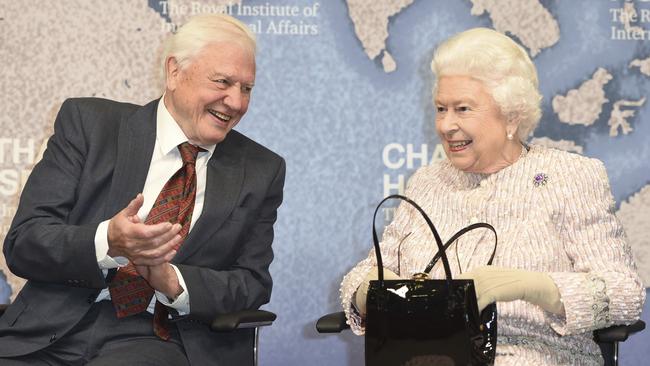
The Duke of York’s announcement just before 6pm Wednesday (4am AEST Thursday) that he was stepping down from public life left royal historians reeling. Some even claimed, rather excitedly, that it is one of the most dramatic statements from a member of the royal family since Edward VIII told the world he was renouncing the throne to marry Mrs Simpson.
Members of the royal family have been humiliated before. They have had their most intimate moments spread all over the newspapers. They have endured divorce, adultery and naked pictures paraded on the internet.
READ MORE: Prince Andrew to step aside from official duties | Janet Albrechtsen says Prince Andrew will be the royals’ undoing | Sponsors leave Prince Andrew | Queen loses her grip on The Firm | Epstein interview sparks fake reviews, memes | Prince Andrew gives extraordinary interview over Jeffrey Epstein saga | Prince Andrew, again shows poor judgment
Today, however, was the first time that a member of the British royal family has become so unpopular that they have been forced to withdraw from public life.
In his statement, released on the Queen and the Duke of Edinburgh’s 72nd wedding anniversary, Prince Andrew said: “It has become clear to me over the last few days that the circumstances relating to my former association with Jeffrey Epstein has become a major disruption to my family’s work and the valuable work going on in the many organisations and charitiesthat I am proud to support.
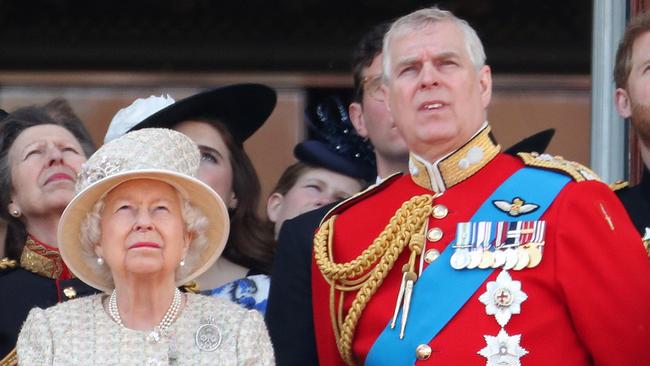
“Therefore, I have asked Her Majesty if I may step back from public duties for the foreseeable future, and she has given herpermission. I continue to unequivocally regret my ill-judged association with Jeffrey Epstein. His suicide has left many unanswered questions, particularly for his victims, and I deeply sympathise with everyone who has been affected and wants some form of closure. I can only hope that, in time, they will be able to rebuild their lives. Of course, I am willing to help any appropriate law enforcement agency with their investigations, if required.”
The Queen and the rest of the royal family, including Prince Charles who was consulted about the statement while on his current tour of New Zealand, are said to support the duke’s decision.
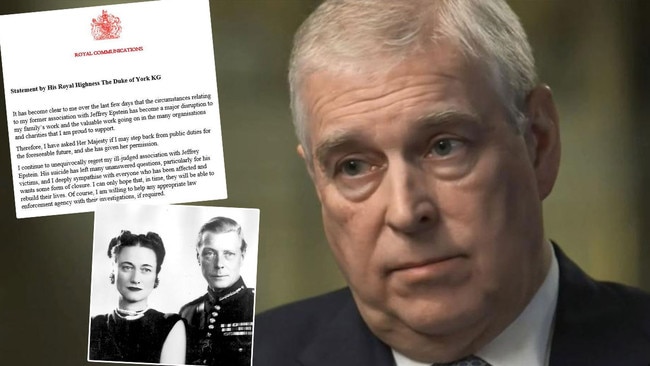
However, Robert Lacey, the royal biographer, said: “Nobody will imagine that he has done this of his own free will. Everybody will assume that there has been pressure from above.”
Experts were struggling to think of a parallel. “It is monumental,” the royal biographer Robert Lacey said. “Nothing like this has happened in the Queen’s long reign.”
The past few days will have been a severe challenge for the Queen, a 93-year-old woman forced to choose between the demands of her family and the institution they serve. And, just as always happens with the royal family, the institution won.
If anyone had any doubts that the royal family was indulging in one of its periodic bouts of self-preservation, they would have been dispelled a short while later.
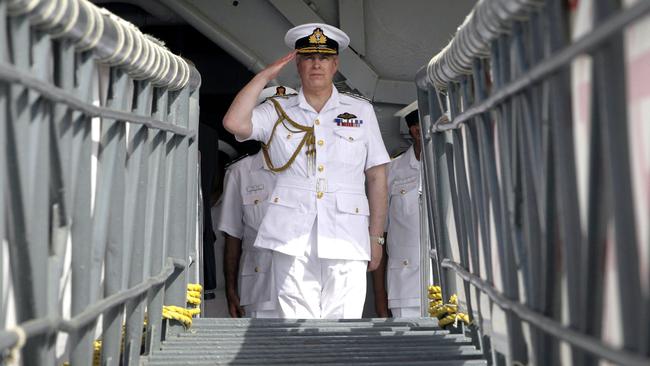
Andrew’s statement was released at 5.52pm London time. Exactly 24 minutes later, and precisely on schedule, the Queen arrived at Chatham House, where she was presenting her old friend Sir David Attenborough with an international award.
A lesser individual might have betrayed signs of the stress she has faced over the past few days, culminating in the decision to let Andrew, reputed to be her favourite son, endure the humiliation of being forced to relinquish everything that has given his life value.
The Queen, however, is one of life’s true professionals. Instead she smiled broadly as she arrived, and seemed only too delighted to present Sir David and Julian Hector, head of the BBC Natural History Unit, with the Chatham House Prize for 2019 for their work to highlight ocean plastic pollution.
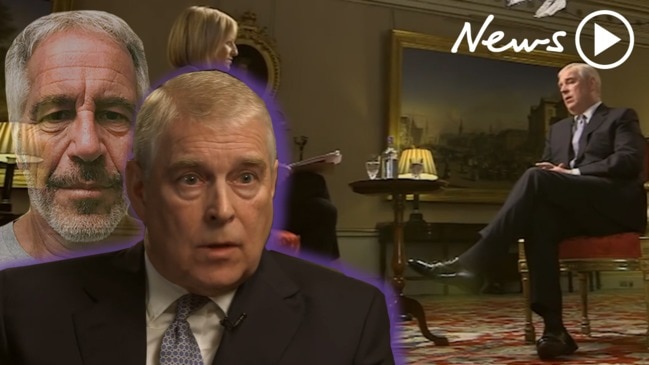
She even had time for a little light-heartedness. As she signed the visitors’ book at the end, she asked Robin Niblett, the director of Chatham House, the date. When he said it was November 20, she laughed and said: “Oh I knew that!” Adding her signature to the book, she joked: “Now, well that proves I came here.”
As is always the case with the royal family, the show must go on. Behind the scenes, however, some ruthless decisions had been made.
Mr Lacey, who wrote a biography of the Queen and is historical consultant to the TV drama The Crown, said: “Nothing like this has happened since the Abdication.”
When Edward VIII wanted to marry a woman who had been twice divorced, it was made clear to him by the prime minister, Stanley Baldwin, that the country would not wear it. It was either the throne or Mrs Simpson: he chose Mrs Simpson. Edward’s supporters felt that he had “been hounded from the throne by that arch-humbug Baldwin”. Many members of the establishment, however, were relieved that he had finally gone. When he received news of Edward’s decision to abdicate, Mackenzie King, the Canadian prime minister, wrote in his diary: “If that is the kind of man he is it is better he should not be longer on the Throne.”
Mr Lacey said that Andrew’s decision had been taken just in time. Companies were swiftly moving to dissociate themselves from his activities, and charities were considering how to divest themselves of their embarrassment of a figurehead. “In a week’s time the situation would have been much more humiliating,” he said.
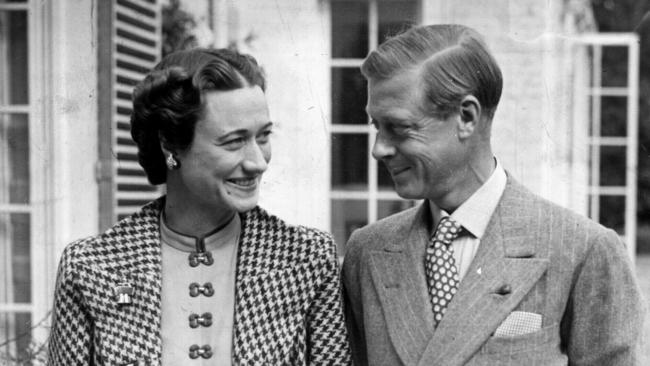
The decision for Andrew to stand down step back from public duties had become all too inevitable. “The royal family has acted in their traditional swift and cold-hearted way to move on and discard the problem. There has been a catastrophic error of judgment by an individual, and the institution has moved quite ruthlessly to disavow the problem and move on.”
Penny Junor, the author, said: “This is absolutely unprecedented that a fairly senior member of the royal family should beforced to retire from public life. I would think the Queen is horrified.”
She added: “It was inevitable and it was the right thing to do. It was the only course of action for the duke and the royal family. It’s probably averted a crisis, with all the events of the last year put together, I think the monarchy is going through very difficult times.
“All the Harry and Meghan stuff . . . I think it’s been a disastrous year.
“Prince Charles, Camilla, William and Kate and the Queen have all done sterling work but I think a lot of that has been overshadowed by other things. Andrew has really been forced out. It’s been forced on him by the huge outcry from the public. The public were very, very disappointed in him.”
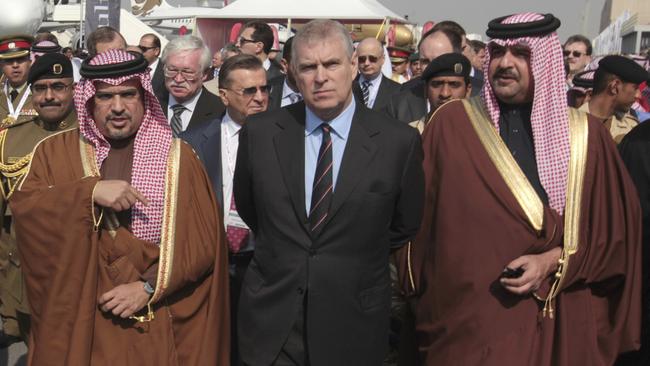
Judith Rowbotham, a research professor at the University of Plymouth and social historian, said: “I’m far from surprised because the Duke of York was ill advised to undertake the interview.”
She said Andrew had made a wise choice by not drawing the matter out for any longer. “Even with a slimmed down monarchy, you have a large royal family, humanly speaking somebody is always going to do something that gets well and truly disapproved of,” she said. “It could have escalated into a more major crisis if the Duke of York had not done the honourable thing.” However serious the problems faced by the royal family, including those of the Duke and Duchess of Sussex, it was not the worst period in the Queen’s reign, she said. “Back in 1992, it was an annus horribilis. This has been a ‘few weeks horribilis’.”
The Times


